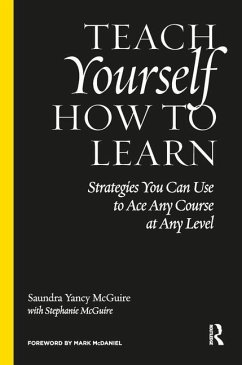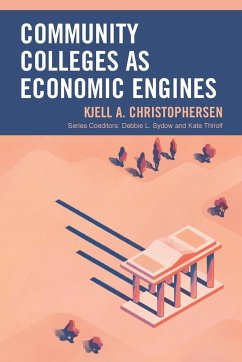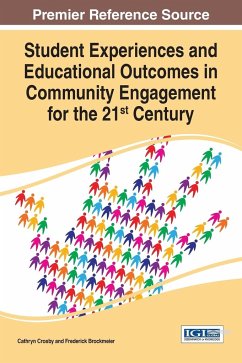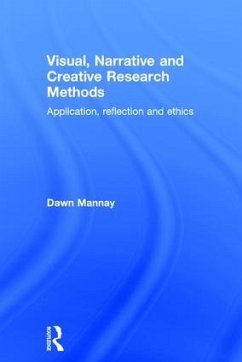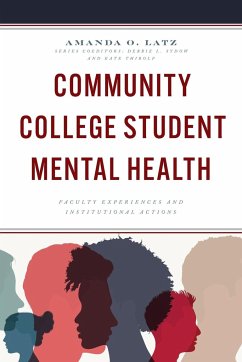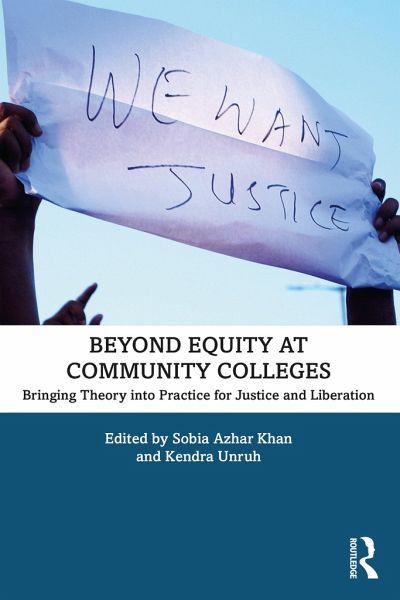
Beyond Equity at Community Colleges
Bringing Theory into Practice for Justice and Liberation
Herausgegeben: Khan, Sobia Azhar; Unruh, Kendra
Versandkostenfrei!
Versandfertig in 6-10 Tagen
38,99 €
inkl. MwSt.
Weitere Ausgaben:

PAYBACK Punkte
19 °P sammeln!
This volume proposes that the work of community colleges has expanded beyond equity into providing a true barrier-free learning environment for students, one that is attuned to justice. The essays included here serve as evidence and examples of the productive ways in which educators may bring theory and practice to bear on each other, which in turn may allow community college faculty, staff, and administrators to reexamine the role of a community college as a space for justice. Topics explored with this volume include liberatory educational practices in and out of the classroom, transforming c...
This volume proposes that the work of community colleges has expanded beyond equity into providing a true barrier-free learning environment for students, one that is attuned to justice. The essays included here serve as evidence and examples of the productive ways in which educators may bring theory and practice to bear on each other, which in turn may allow community college faculty, staff, and administrators to reexamine the role of a community college as a space for justice. Topics explored with this volume include liberatory educational practices in and out of the classroom, transforming classrooms into the site of collaboration and contestation, and unique visions of how to promote opportunity for marginalized students. Ultimately, the goal of this edited volume is to explore and encourage community college educators to understand the integral role they play in bringing transformative justice to their students and their communities.







